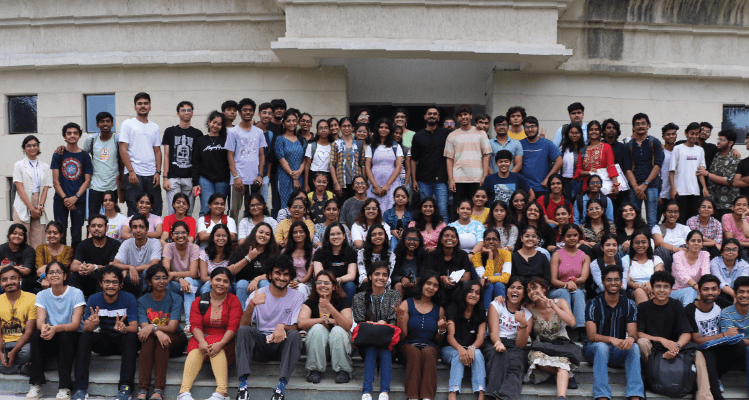The Union Budget 2021-22 focuses on driving notable progress in the educational system through a transformation in the learning framework from traditional rote learning format to an evolved and engaged pedagogical approach, said Srini Raghavan, Co-Founder, and CEO of Educational Initiatives. Additionally, on the skill development front and to enhance opportunities for youth, in the Union Budget 2021 speech, the Finance Minister proposed to amend the Apprenticeship Act and realign the National Apprenticeship Training Scheme for a post-education apprenticeship, training of graduates and diploma holders in Engineering.
Above news depicts a very clear message that now the education system will be focused toward skill development and enhancement. Technology plays a dominating role in the overall development and its adoption is sequentially increasing. The employees definitely need reskilling by 2025 along with the educational degrees. Accepting the fact, the educational institutes are focusing towards the revamping of the educational framework including skill development and enhancement programs. The undergrad and postgrad programs are integrated with the skill enhancement programs for comprehensive development. The World Economic Forum (WEF) released a list of the top 10 skills for 2025 which are as follows:
- Analytical thinking and innovation
- Active learning and learning strategies
- Complex problem-solving
- Critical thinking and analysis
- Resilience, stress tolerance, and flexibility
- Creativity, originality, and initiative
- Leadership and social influence
- Reasoning, problem-solving, and ideation
- Emotional intelligence
- Technology design and programming

Now, the skill development and enhancement are not only subjected to the short-term diploma courses but it is imperative to embed into the curriculum. As the academic program thrives, the challenges are increasing in complexity, scale, and ambiguity. Simultaneously, engaging learning approaches and innovative pedagogy ensure learners invest effort, energy, and time. In this endeavor, faculty members act as facilitators and learning become interactive by reflection, collaboration, and interaction. Thus, the evolved pedagogy is not just confined to books but prospers via project-based learning, learning by collaboration, learning through ambiguity, and learning through failure.
The suggested educational framework has been embedded in Avantika University before its inception. Project-based learning is at the core of the educational programs and learning at Avantika is just-in-time and not just-in-case. Students can continually extend their learning beyond the classroom through creative endeavors, intercultural field trips, one-of-a-kind courses and certifications, research, leadership, and social innovation opportunities.
Written By:
Kapila Gangele
